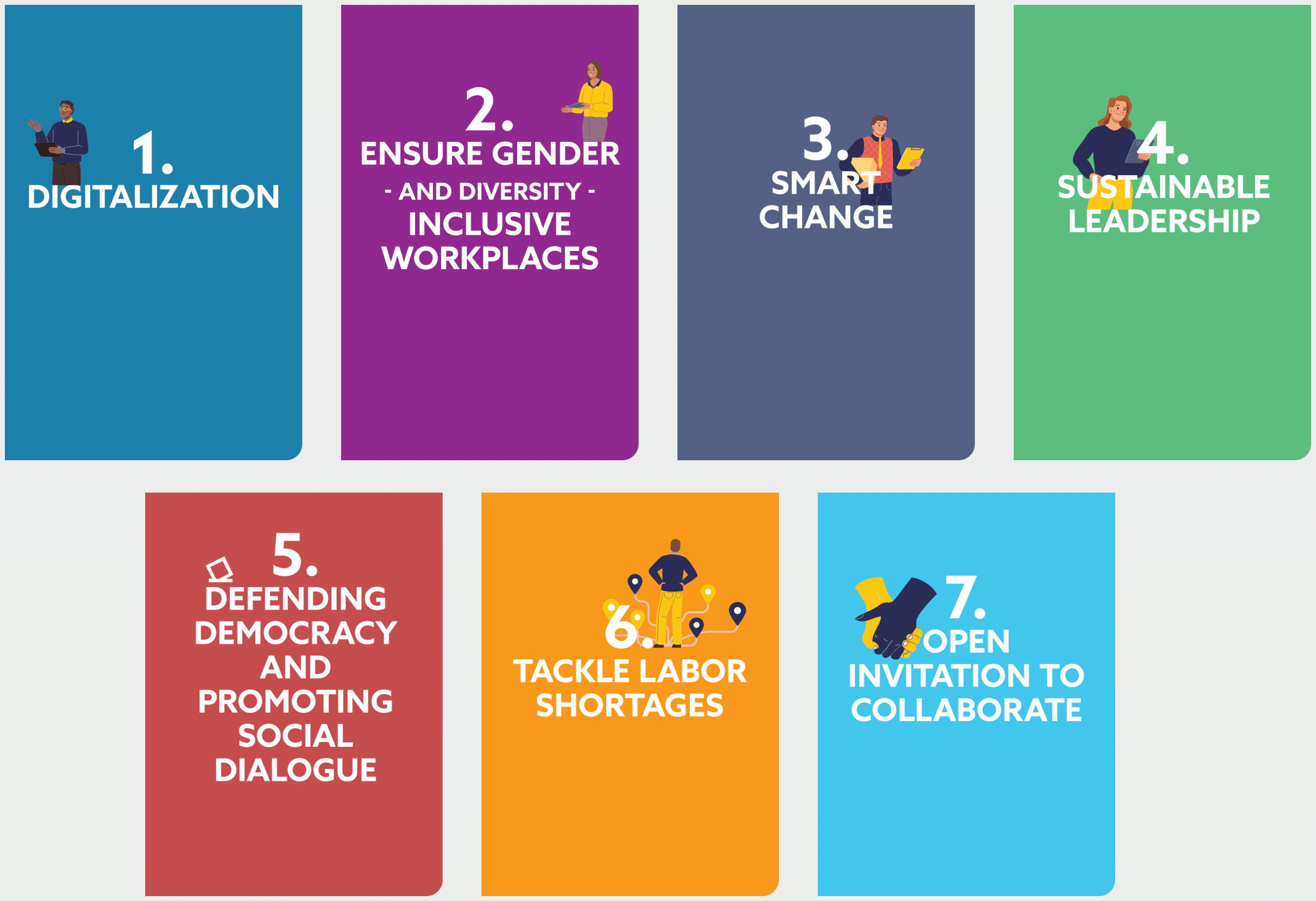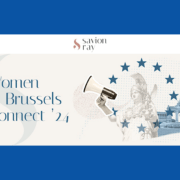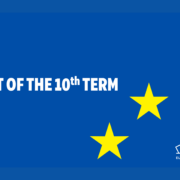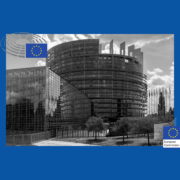With Von der Leyen as president, managers’ priorities have a better chance of moving forward
/in Europe, General, NewsWith a decisive 401 votes in favor, the European Parliament has re-elected Ursula von der Leyen as President of the European Commission in a secret ballot held on Thursday. This will be von der Leyen‘s second term following her initial election by MEPs in July 2019.
The Parliament, composed of 719 Members of the European Parliament (MEPs), required a majority of 360 votes. The final count saw 401 MEPs voting in favor, 284 against, and 22 casting blank or invalid votes.
I will put forward a Quality Jobs Roadmap, developed together with the social partners
Ursula Von der Leyen
President of the European Commission
The re-election comes after von der Leyen presented her political priorities for the next five years during a debate with MEPs, emphasizing the importance of unity and leadership.
Regarding social dialogue, Von der Leyen stated that she wants to continue on the path that began in 2019. Among her top priorities, “the people and their jobs must always remain at the heart of our social market economy even as our industries and economies change shape,” that means EU policies must ensure a just transition for all, and “I will put forward a Quality Jobs Roadmap, developed together with the social partners.”
We will deliver a new Pact for European Social Dialogue in early 2025
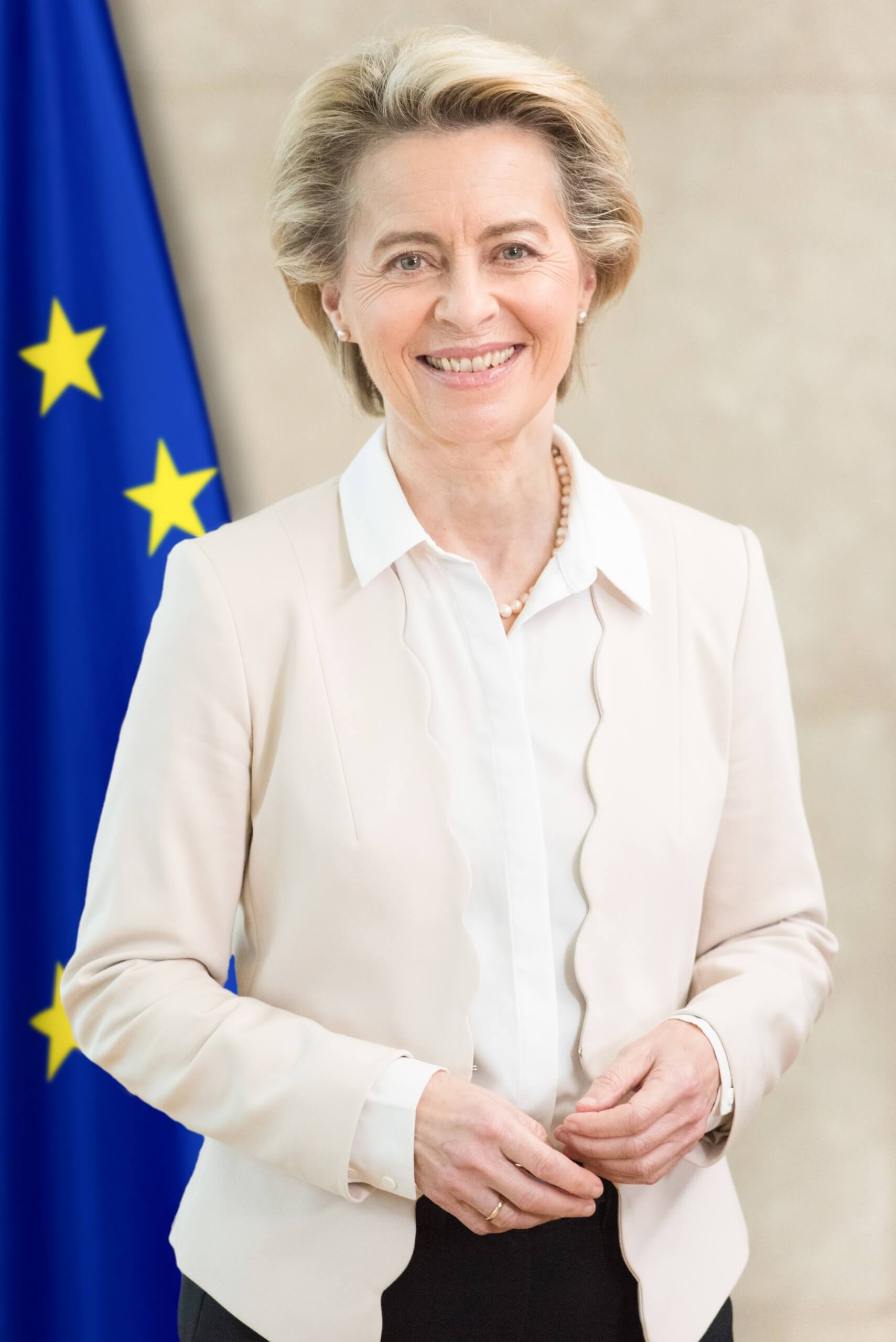
Ursula von der Leyen
To do that, a significant increase in the funding for just transition in the next long-term budget is expected, as a renewed commitment to strengthening European social dialogue in a time of economic and social change.
“Together with European trade unions and employers, we will deliver a new Pact for European Social Dialogue in early 2025″, said Von der Leyen, with the idea of addressing the root causes of poverty through a first-ever EU Anti-Poverty Strategy, the housing crisis and to fight social exclusion.
A Test of Political Legacy
Von der Leyen‘s re-election marks a significant turnaround from her initial election in 2019 when she secured the position with a narrow margin of just nine votes. Her re-election on Thursday, 18 June 2024, with a more comfortable majority, underscores a strong endorsement of her leadership through multiple crises that have tested the European Union‘s foundations.
Let us do it again. Let us make the choice of strength. Let us make the choice of leadership.
Ursula Von der Leyen
President of the EU Commission
Intense Negotiations
In the days leading up to the vote, von der Leyen engaged in intense negotiations with the Parliament‘s main groups to secure endorsements.
Despite the centrist groups – the European People’s Party (EPP), the Socialists & Democrats (S&D), and the liberals of Renew Europe – holding enough seats to re-appoint her, internal disagreements required von der Leyen to seek additional support from the Greens and the European Conservatives and Reformists (ECR).
Her outreach to the ECR, led by Giorgia Meloni’s Brothers of Italy and Poland’s Law and Justice (PiS), sparked controversy among progressive forces, who viewed it as a potential threat to the centrist coalition.
Von der Leyen addressed these concerns by promising “no structured cooperation” with Meloni‘s group and reaffirming her commitment to the Green Deal.
Broad Support
While the secret nature of the vote makes it impossible to determine the exact supports behind her reelection, von der Leyen‘s speech, with several references to climate action, suggested significant backing from the Greens. “We have secured commitments on the Green Deal, making the EU more socially fair and protecting democracy,” the Greens confirmed.
In contrast, the ECR group largely opposed her candidacy.
Promises and Priorities
Von der Leyen tailored her address to appeal to various centrist groups. She proposed ideas appealing to the Socialists, such as a new Commissioner for housing and a roadmap for women’s rights, and to the Liberals, who advocate for member states to respect the rule of law in exchange for EU funds.
Among EPP‘s proposals are a European Defence Fund, an increase in Frontex’s personnel, and measures to reduce red tape for SMEs.
Next Steps
Von der Leyen‘s immediate task as President-elect will be to invite member state heads of state or government to propose candidates for European Commissioner posts. After the summer, Parliament will hold hearings for the nominees. The full college of Commissioners must then be endorsed by Parliament to officially assume their roles.
CEC’s view
Maxime Legrand, president of CEC European Managers, expressed hope and expects that the role of social partners in the decision-making process and in the European social dialogue will remain strong.
CEC European Managers encourages Von der Leyen‘s second term to focus on the 7 key priorities shared, including digitalization, ensuring gender and diversity-inclusive workplaces, sustainable leadership, defending democracy, tackling labor shortages, and promoting social dialogue.
CEC European Managers encourages Von der Leyen’s leadership to bridge differences and unite forces within Europe to face global challenges, ensuring a strong and resilient European Union and a thriving social dialogue.


